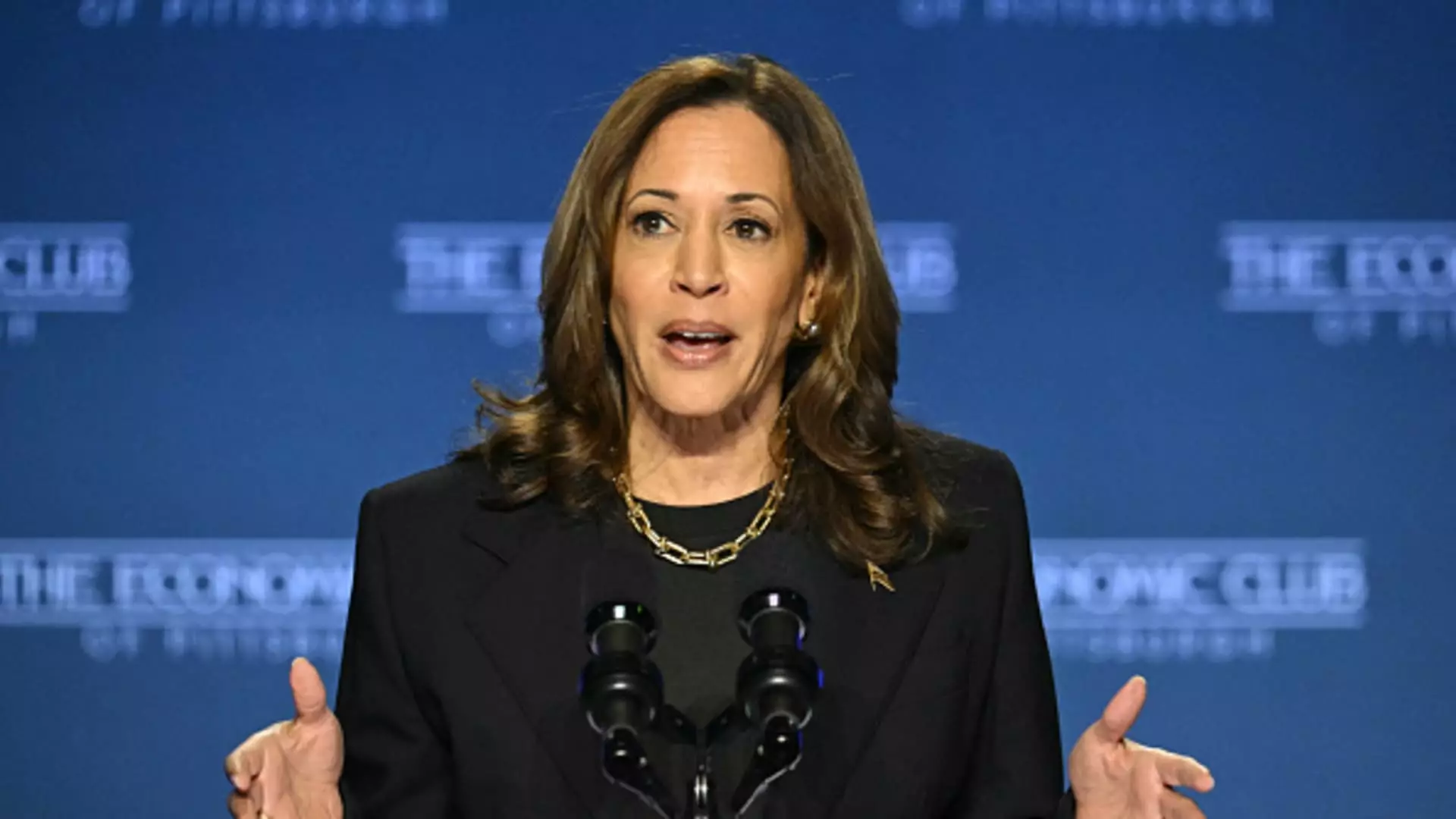A recent UBS survey highlights intriguing findings about millionaire investors’ voting intentions and their perceptions of the economy as the U.S. heads towards important elections. The survey, which polled 971 individuals possessing a minimum of $1 million in investible assets, reveals a notable inclination towards Vice President Kamala Harris, with 57% indicating their intent to vote for her, while only 43% lean towards former President Donald Trump.
One of the survey’s remarkable aspects is the stark contrast in responses across political affiliations. Harris has secured an overwhelming 91% support from Democratic millionaires, while only 12% of Republican millionaires are casting their lot with her. In parallel, Trump garners strong backing from his party, claiming 88% of Republican millionaire support, yet only managed to sway 9% of Democrats. Such statistics suggest a highly polarized voting landscape reminiscent of contemporary political dynamics, where partisanship strongly influences economic perspectives.
The economy emerges as the foremost concern for millionaire investors, with an astonishing 84% ranking it as the priority issue for the upcoming elections. Following this, Social Security (71%) and tax reform (69%) are listed as critical areas of focus, indicating broader financial security concerns amongst this affluent demographic.
Interestingly, while the investor class leans toward Harris in the voting booth, they paradoxically rate Trump higher in terms of economic performance—51% consider him more equipped to handle economic challenges compared to 49% for Harris. This dissonance raises questions about how voters reconcile their political allegiance with economic realities, suggesting that while they support Harris for other qualities, they feel a stronger trust in Trump’s economic policies.
On the subject of taxation, Trump continues to connect with wealthy voters, achieving a slight edge over Harris at 52% to 48% in perceived effectiveness regarding tax policy. It is important to highlight that Trump advocates for the complete extension of the 2017 tax cuts, while Harris’ platform includes higher taxes aimed at wealthier individuals and corporations alongside limiting tax breaks for income above $400,000. This difference in tax philosophy signifies a broader ideological divide regarding fiscal policy amongst millionaires.
Despite their nuanced views on candidates, a majority of millionaire investors exhibit significant optimism regarding market performance and economic recovery. Over half (55%) expressed high confidence in the economy—an improvement from 2020 during the pandemic—and 75% remain optimistic about their portfolio returns in the near term. Many plan to adapt their investment strategies based on the election outcome; Trump’s potential victory could steer investment towards defense and energy sectors, while a win for Harris could lead them towards health care, sustainable investments, and technology.
As these wealthy voters chart their preferred paths leading up to the election, the implications of their choices will undeniably ripple through broader economic strategies and policies. The survey underscores the multifaceted nature of millionaire investor sentiments—reflecting both political allegiance and pragmatic economic considerations, illustrating a complex interplay that could significantly impact the financial landscape based on election results. Ultimately, the incoming administration will have to navigate these expectations carefully to maintain investor confidence and economic stability.

